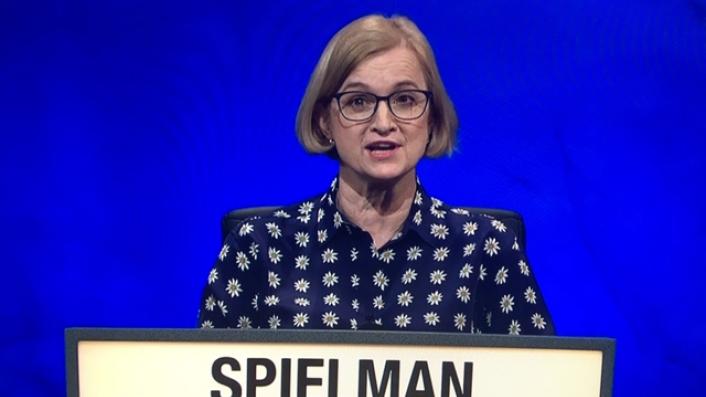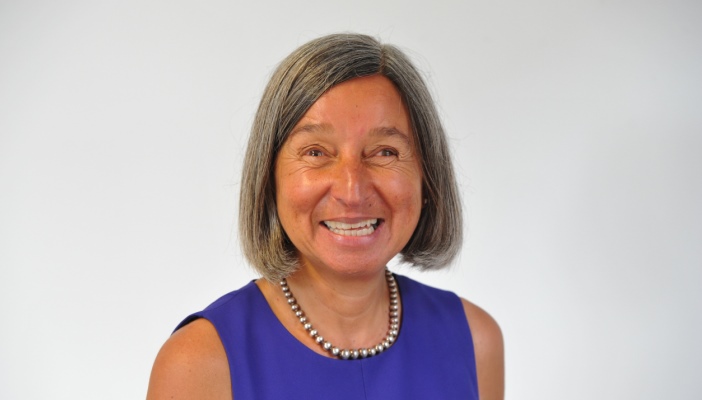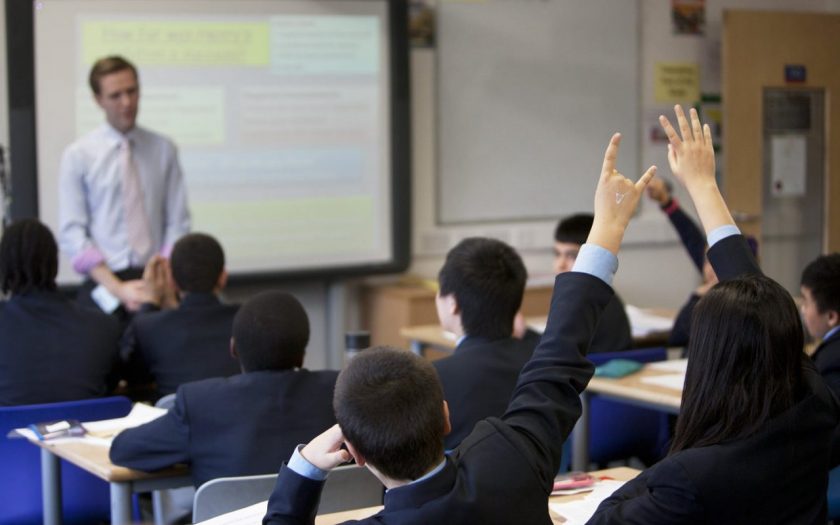Excluded children put in ‘unsafe’ institutions
A sharp rise in primary school children being excluded from schools and placed in unregulated, ‘unsafe’ institutions has prompted Ofsted to launch an urgent inquiry.

The Chief Inspector of schools in England, Amanda Spielman, told the Guardian that children whose behaviour was seen as “too challenging” were being removed from mainstream schools and were being placed elsewhere in unregistered settings “with little thought of their futures”.
She said: “Every child, regardless of their background, deserves a good education and the chance to reach their full potential. But some children – often the most vulnerable – just don’t get that. While most children have been back in the classroom since September, some children with behavioural, emotional or health problems are instead in alternative provision instead of a normal school.”

DR UK’s Fazilet Hadi said: “Children labelled as ‘behaviourally challenged’ are essentially Disabled children who are almost certainly not getting the appropriate support and reasonable adjustments at school that the Equality Act entitles them to. Children with cognitive differences, learning disabilities, and poor mental and emotional health are being failed. The data speaks for itself, mainstream schools are not providing the necessary support to Disabled children. The Government is taking no action to stop the breakdown in inclusive education and it is far from clear that its long awaited Special Education Needs and Disability Review will give Disabled children in mainstream schools the required support.”

According to Ofsted, the overall number of children in alternative provision (AP) has increased 14% over the last four years. Spielman said: “I’m particularly concerned that the number of primary-age children referred to AP has risen by 27% since 2017.” The Department for Education disputes the figures, and claims it is “looking at reforms to incentivise more early support, and to ensure that those who are permanently excluded remain safe and supported, as part of the ongoing review of the SEND system.”

